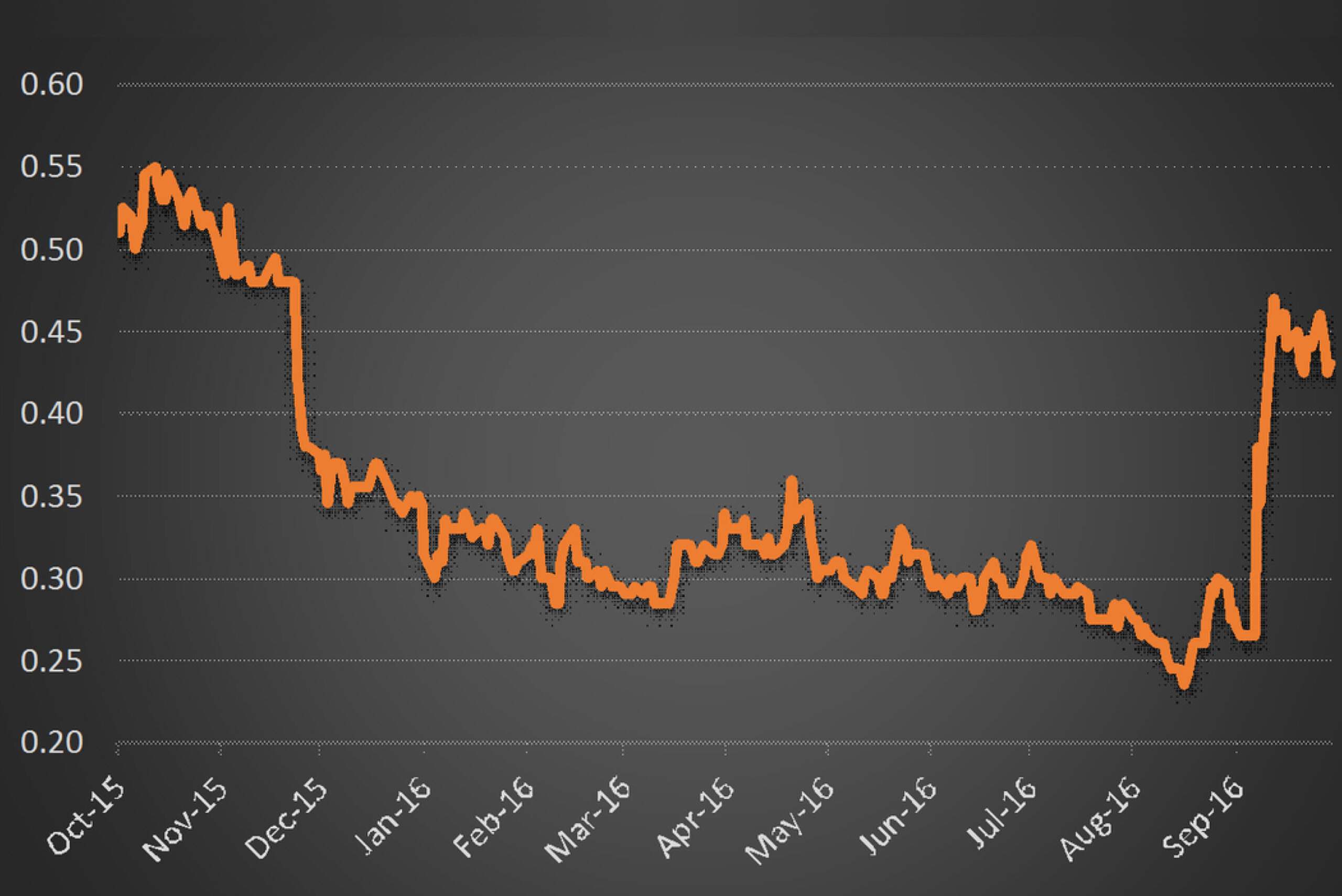
CNS disorders rake in more than $ 80 billion a year for the pharma industry, however higher failure rates in clinical trials are forcing big companies to cut down their spend on CNS drug R&D.
The most complicated area of clinical research post 2013 is the central nervous system (CNS). Big pharmaceutical companies are keen on investing in this therapeutic area. However their research and development (R&D) spends have yet to be rewarded with the desired clinical trial results. R&D in this therapeutic area is risky and chances of approval of these drugs by the regulatory authorities are very slim. This puts big pharmaceutical companies at the risk of major losses.
Central nervous system disorders bear an economic burden of more than $ 2 trillion in the US and EU and rake in upwards of $ 80 billion a year for the pharmaceutical industry.
The costs of clinical development for developing a CNS drug versus a cardiovascular drug is 30 percent higher and the chances of a CNS drug reaching a blockbuster status in the market is nearly 50 percent lower.
Research and development investments by big pharmaceutical companies in diseases such as Alzheimer’s, Parkinson’s, depression, anxiety, schizophrenia and stroke have invited the risks of heavy investments with little guarantee of success.
Two recent articles in Lancet Neurology and Nature Reviews Neurology looked at the reasons behind recent clinical trial failures, one article looked at neuroprotective therapies for Parkinson’s disease and the other looked at clinical trials in amyotrophic lateral sclerosis. Both diseases however share the fact they are caused by degeneration of the brain, although in different parts of the brain. Indeed the entire field of CNS disorders is characterised with failed trials and poorly treated conditions.